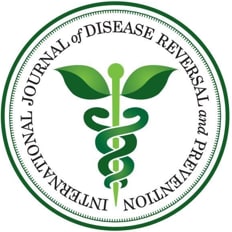What's On Our Radar
Plant-Based Meat Alternatives
A question many are asking with the ongoing introduction of plant-based meat alternatives is –“Are they healthy?”. The best review to date on this complex issue was an article published online by JAMA on August 26, 2019. The article can be found at https://jamanetwork.com/journals/jama/fullarticle/2749260. While a simple yes or no answer would be very helpful – it all depends – as the article explains. This is a good read on an evolving topic that needs more research.
The EAT-Lancet Commission on Food, Planet, Health
The Commission has delivered and published in The Lancet the first full scientific review of what constitutes a healthy diet from a sustainable food system, and which actions can support and speed up food system transformation. To learn more about this report and find a link to The Lancet article go to this link https://eatforum.org/eat-lancet-commission/.
“Malnutrition and unhealthy diets are important risk factors for non-communicable diseases. Francesco Branca and colleagues call for changes in both what and how food is produced, marketed, and consumed.
Cardiovascular and respiratory diseases, cancers, and diabetes are responsible for 71% of global deaths (41 million) each year. Around 85% of premature deaths from non-communicable diseases (NCDs) now occur in low and middle income countries, where people also bear the greater burden of undernutrition and infectious disease. In wealthier countries, NCDs disproportionately affect vulnerable and disadvantaged groups.
Malnutrition is a key risk factor for NCDs. Globally, nearly one in three people has at least one form of malnutrition, and this will reach one in two by 2025, based on current trends. Malnutrition includes nutritional disorders caused by deficient intake of energy or nutrients, such as stunting, wasting, and micronutrient deficiencies. It also includes excessive and imbalanced intake, leading to overweight, obesity, and diet related NCDs. Both categories of malnutrition are caused by unhealthy, poor quality diets, and they can be linked. Undernutrition in childhood, in addition to affecting survival, growth, development, health, and educational or economic outcomes, is a risk factor for overweight and NCDs in later life. Around 151 million children whose stunted growth is caused by undernutrition and 38 million children under five who are currently overweight are at increased risk of NCDs in adulthood.”




